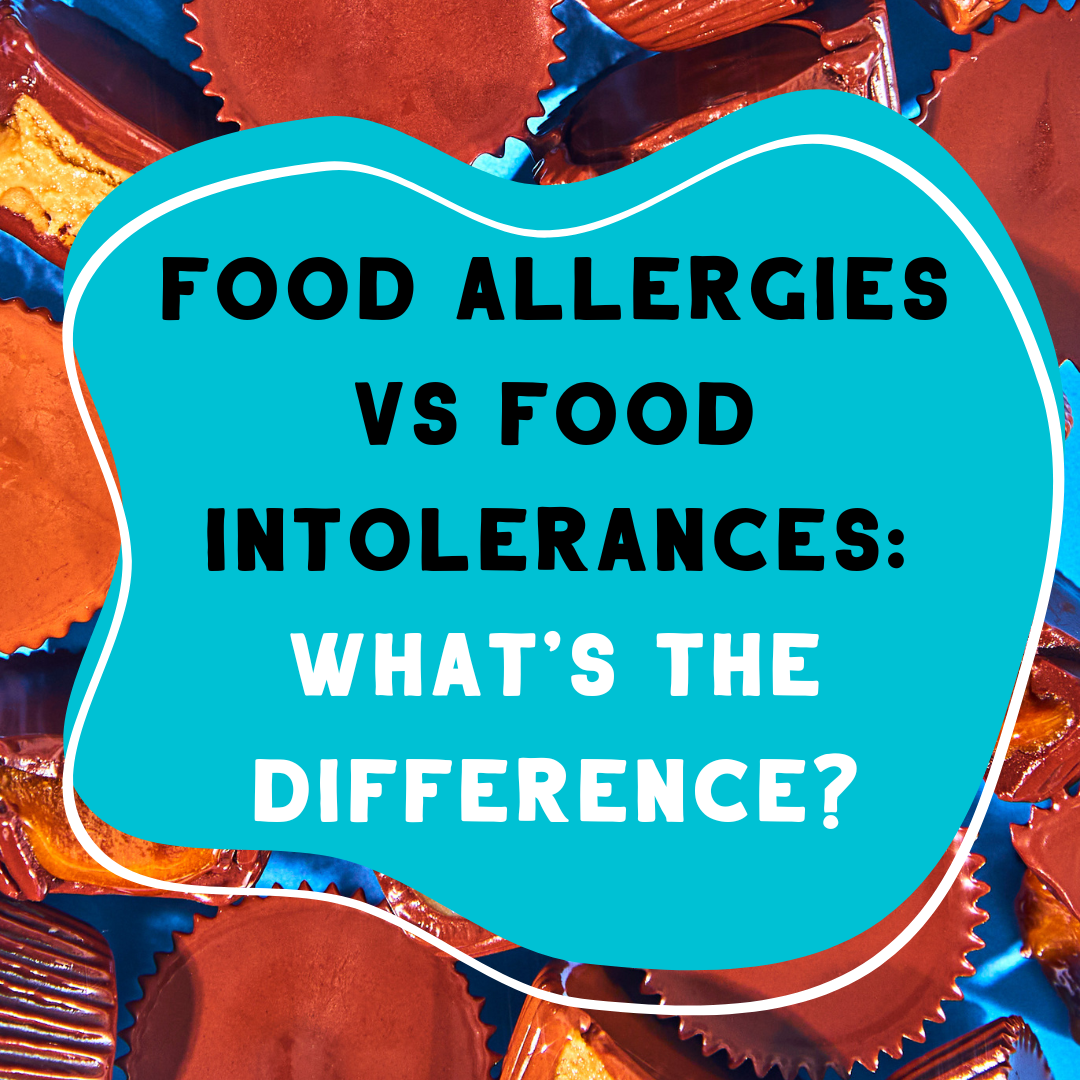

Food Allergies vs. Food Intolerances: What's the Difference?
Hey there! We know that food sensitivities can be a bit confusing, especially when it comes to figuring out the difference between a food allergy and a food intolerance. Don’t worry — we’ve got you covered with a friendly breakdown of what sets these two apart and how to manage them. Let’s dive in!

What is a Food Allergy?
A food allergy occurs when the immune system mistakenly identifies certain proteins in food as harmful invaders. This triggers an immune response that can affect various parts of the body — and it can be serious. Reactions may range from mild to life-threatening, so it’s important to understand and manage food allergies carefully.
Common food allergy symptoms include:
- Hives or rashes
- Swelling (like in the face, lips, or throat)
- Trouble breathing
- Stomach issues (nausea, vomiting, or pain)
- Anaphylaxis (a severe reaction that needs immediate medical help)
Even a tiny bit of the allergen can cause a reaction, so it's important to avoid trigger foods completely. Always keep an epinephrine auto-injector on hand — just in case. Better safe than sorry!

What is a Food Intolerance?
Food intolerances are a different story. They don’t involve the immune system and aren’t life-threatening. Instead, they’re about how your body digests (or struggles to digest) certain foods, which can lead to uncomfortable symptoms.
Common food intolerance symptoms include:
- Gas and bloating
- Stomach pain or cramping
- Diarrhea or constipation
- Headaches
- Skin rashes
- Feeling tired or sluggish
Food intolerances can be caused by enzyme deficiencies (like lactose intolerance), sensitivity to additives, or even stress. The good news? Many people with intolerances can enjoy small amounts of the food without any major issues.
Key Differences Between Food Allergies and Food Intolerances
Here’s a quick breakdown:
- Food allergies: Involve the immune system and can cause serious or life-threatening reactions. Avoid the allergen completely and carry emergency medication.
- Food intolerances: Do not involve the immune system. Symptoms are usually digestive and less severe. You might tolerate small amounts of the food.
Wrapping It Up
Whether it’s a food allergy or a food intolerance, it’s all about understanding what works for you or your loved ones — and taking steps to stay safe and comfortable. While these conditions are different, both deserve proper care and attention.
For more info and support, check out Food Allergy Research & Education (FARE). They’re a great resource for all things food allergy-related!
